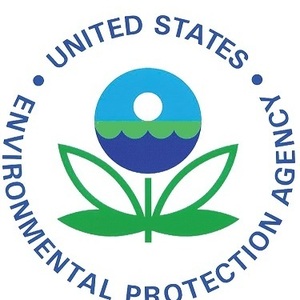NBB letter calls on EPA to end demand destruction for biodiesel

October 19, 2018
BY The National Biodiesel Board
The National Biodiesel Board delivered a letter Oct. 17 to U.S. EPA Acting Administrator Andrew Wheeler asking that the agency fully account for small refinery exemptions in the annual Renewable Fuel Standard rules and “end the demand destruction for biodiesel.” The letter also asks EPA to set RFS biomass-based diesel volumes for 2020 at 2.8 billion gallons, consistent with the industry’s demonstrated ability to produce fuel.
In the letter, NBB Vice President of Federal Affairs Kurt Kovarik writes, “EPA must end the demand destruction for biodiesel—not as part of a deal to change the RFS rules; rather, as an integral part of the agency’s duty to ensure that the RFS volumes it sets are met.”
The letter thanks Wheeler for increasing transparency around the agency’s granting of small refinery exemptions. However, the agency’s data dashboard now makes it easy to calculate the biodiesel demand lost to these exemptions, the letter points out.
Advertisement
Advertisement
“Between 2015 and 2017, the demand destruction for biomass-based diesel is more than 300 million gallons,” Kovarik writes in the letter. “Independent analysis further substantiates the demand destruction for biodiesel and renewable diesel,” he adds.
Advertisement
Advertisement
Related Stories
The U.S. EPA on July 8 hosted virtual public hearing to gather input on the agency’s recently released proposed rule to set 2026 and 2027 RFS RVOs. Members of the biofuel industry were among those to offer testimony during the event.
The USDA’s Risk Management Agency is implementing multiple changes to the Camelina pilot insurance program for the 2026 and succeeding crop years. The changes will expand coverage options and provide greater flexibility for producers.
President Trump on July 4 signed the “One Big Beautiful Bill Act.” The legislation extends and updates the 45Z credit and revives a tax credit benefiting small biodiesel producers but repeals several other bioenergy-related tax incentives.
CARB on June 27 announced amendments to the state’s LCFS regulations will take effect beginning on July 1. The amended regulations were approved by the agency in November 2024, but implementation was delayed due to regulatory clarity issues.
SAF Magazine and the Commercial Aviation Alternative Fuels Initiative announced the preliminary agenda for the North American SAF Conference and Expo, being held Sept. 22-24 at the Minneapolis Convention Center in Minneapolis, Minnesota.
Upcoming Events










